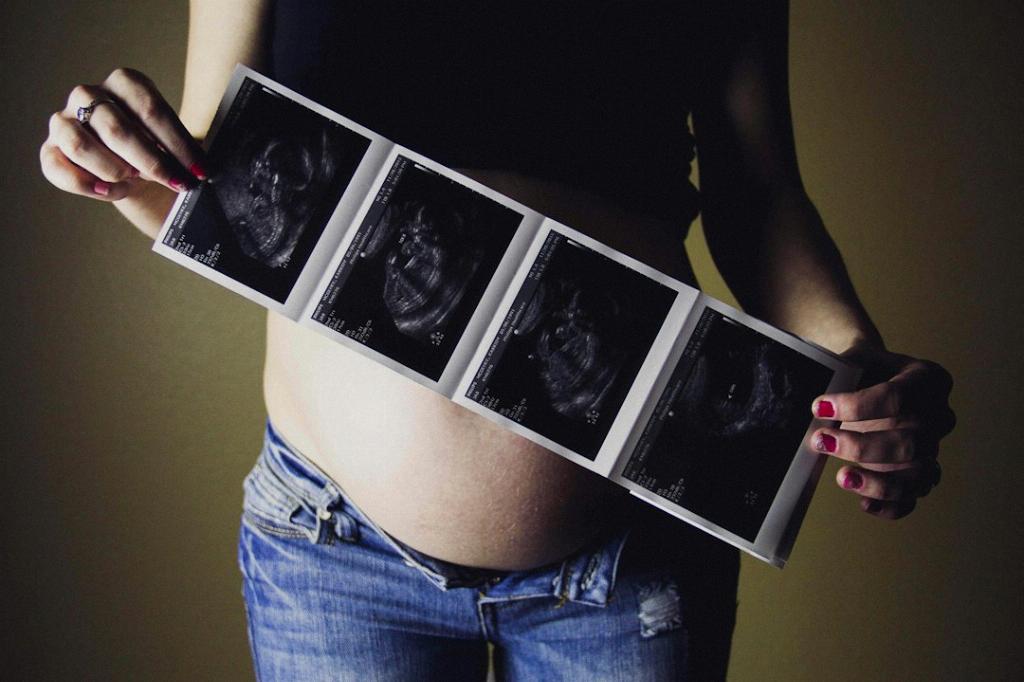During pregnancy, many women often wonder about the safety of certain beverages, including herbal teas like Redbush tea, also known as Rooibos tea. With its growing popularity as a caffeine-free alternative, it’s essential to address any potential concerns regarding its consumption during pregnancy.
First and foremost, Rooibos tea is widely considered safe for pregnant women to consume. Unlike caffeinated beverages such as coffee and regular tea, Rooibos tea is naturally caffeine-free, making it a suitable choice for individuals looking to limit their caffeine intake during pregnancy.
One of the primary reasons why Redbush tea is deemed safe during pregnancy is its lack of harmful compounds. This herbal tea is free from oxalic acid, which can interfere with calcium absorption in the body. For pregnant women focused on maintaining their calcium levels, Redbush tea provides a safe alternative to other teas.
Moreover, Redbush tea offers a range of health benefits that can be particularly advantageous during pregnancy. Rich in antioxidants, including aspalathin and quercetin, this herbal beverage can help support the immune system and combat oxidative stress, which is particularly beneficial during pregnancy.
Another notable advantage of Redbush tea is its low tannin content. Tannins are compounds found in many traditional teas that can interfere with iron absorption. By opting for Redbush tea, pregnant women can enjoy a flavorful beverage without worrying about potential effects on their iron levels.
It’s worth noting that Redbush tea is also caffeine-free, which eliminates concerns related to caffeine consumption during pregnancy. Excessive caffeine intake has been linked to adverse pregnancy outcomes, making Redbush tea a suitable choice for expectant mothers seeking a comforting and safe beverage option.
When brewing Redbush tea, it’s essential to follow proper guidelines to ensure its safety during pregnancy. Avoiding excessive consumption and sticking to moderate intake levels can help mitigate any potential risks associated with herbal teas, including Redbush tea, ensuring a safe and enjoyable experience.
Consulting with a healthcare provider or a qualified professional before making any dietary changes during pregnancy is always recommended. While Redbush tea is generally regarded as safe for consumption, individual circumstances and health considerations may warrant personalized advice from a medical expert.
In conclusion, Redbush tea can be considered a safe and beneficial beverage option for pregnant women. With its caffeine-free nature, antioxidant properties, and low tannin content, this herbal tea offers a refreshing and healthful alternative to traditional teas during pregnancy.
By incorporating Redbush tea into a balanced and varied diet, pregnant women can enjoy its flavorful taste and potential health benefits without compromising their well-being or that of their developing baby. Embracing this herbal beverage as part of a healthy lifestyle can contribute to a positive pregnancy experience.

